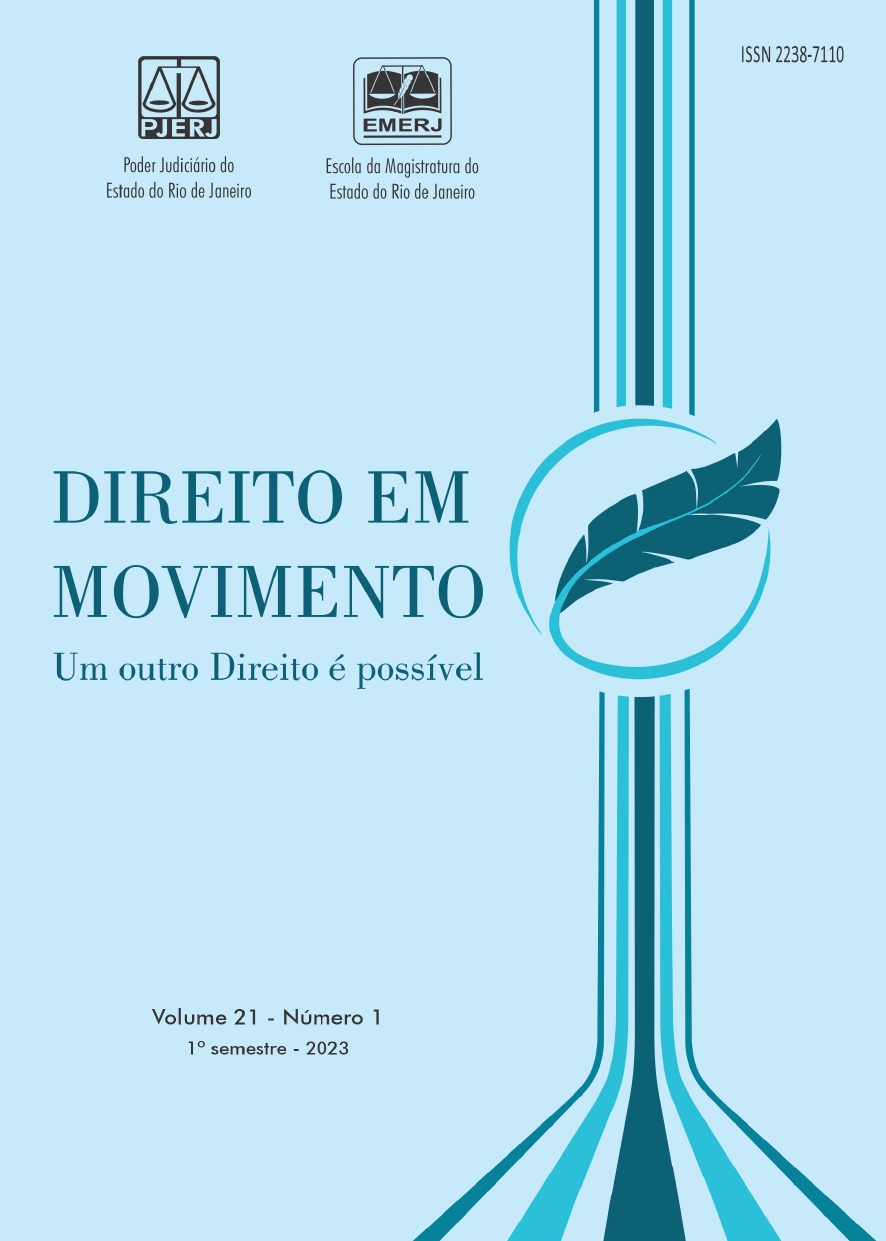Historical trajectory of Lusophone constitutionalism
The journey of Portuguese-speaking African countries
Keywords:
PALOP's, TADHP, human rightsAbstract
This article aims to analyse and reflect on the historical path of Portuguese-speaking constitutionalism from the perspective of the trajectory of African Portuguese-speaking Countries and taking into account the guarantee of Fundamental Rights enshrined in their respective legal systems and their elevation to a regional and international level. Considering the Portuguese influence, the 1976 Portuguese Constitution was identified as the starting point of the political-constitutional process of these five countries. It also focused on the socialist tendency that prevailed in the First Republic until the paradigm shift established in the Second (Democratic) Republic. In this trajectory, the analysis of some topics of convergence and divergence between the Portuguese reality and the African States was opened up. The same way, the mechanism for receiving international law adopted by the PALOPs was elevated. Finally, the individual's access to the African System for the Protection of Human and Peoples' Rights was highlighted, that is, taking into account the aspects inherent in safeguarding and guaranteeing the Fundamental Rights established both internally and internationally.
References
GENTIL, Jonas; CEITA, J. Jhúnior G. Constituição da República Democrática de São Tomé e Príncipe e Legislação Fundamental, IDiLP, 2018.
GENTIL, Jonas. Princípios Aplicáveis, in Comentário da Carta Africana dos Direitos Humanos e dos Povos e do Protocolo Adicional, UCP, 2020.
GOUVEIA, Jorge Bacelar. Timor-Leste no Constitucionalismo de Língua Portuguesa, RDP, Edição Especial, 2019, pp. 324-376.
GOUVEIA, Jorge Bacelar. Sistemas Constitucionais Africanos de Língua Portuguesa: a caminho de um paradigma, in THEMIS, Edição Especial, 2006, pp. 119-141.
MACUÁCUA, Edson da Graça Francisco. A problemática da posição hierárquica do Direito Internacional na ordem jurídica Moçambicana, in Julgar, novembro de 2020.
MELO, Brielly Santana. Os sistemas regionais de proteção dos direitos humanos, s.d..
MUBIALA, Mutoy. L’accès de l’individu à la Cour Africaine des droits de l’homme et des peuples, in Promoting justice, human rights and conflict resolution through international law: liber amicorum lucius caflisch, 2007. p. 369-378.
MUTUA, Makau. The African Human Rights Court: A twolegged stool?, in HUMAN rights quarterly: the Jonhs Hopkins University, 1999. p. 6.
NASCIMENTO, Marília A. R. O acesso do indivíduo às instâncias de proteção do Sistema Africano de Proteção dos Direitos do Homem e dos Povos, in RDI, Brasília, v. 9, n. 1, 2012, pp. 112-113.
PEREIRA, Ludemila Cardoso. Cabo Verde: da Descolonização à Abertura Democrática, Dissertação de Mestrado, Universidade Lusófona de Humanidades e Tecnologias, 2013.
PIOVESAN, Flávia. Direitos Humanos e Justiça Internacional: Um Estudo Comparativo dos Sistemas Regionais Europeu, Interamericano e Africano, 5.ª edição, São Paulo, Saraiva, 2004.
UDOMBANA, Nsongurua J. An African Human Rights Court and an African Union Court: a needful duality or a needless duplication?, Brooklyn Journal of International Law, n. 28, 2003.
VILJOEN, Frans. A Human Rights Court for Africa and Africans. Brooklin Journal of International Law, 2004.
Published
How to Cite
Issue
Section
License
Copyright (c) 2023 Jonas Gentil

This work is licensed under a Creative Commons Attribution 4.0 International License.
Authors who publish in this Journal agree to the following terms:
- Authors retain copyright and grant the Journal of Constitutional Research the right of first publication with the article simultaneously licensed under the Creative Commons - Attribution 4.0 International which allows sharing the work with recognition of the authors and its initial publication in this Journal.
- Authors are able to take on additional contracts separately, for non-exclusive distribution of the version of the paper published in this Journal (eg.: publishing in institutional repository or as a book), with a recognition of its initial publication in this Journal.
- Authors are allowed and encouraged to publish their work online (eg.: in institutional repositories or on their personal website) at any point before or during the submission process, as it can lead to productive exchanges, as well as increase the impact and the citation of the published work (see the Effect of Open Access).

















